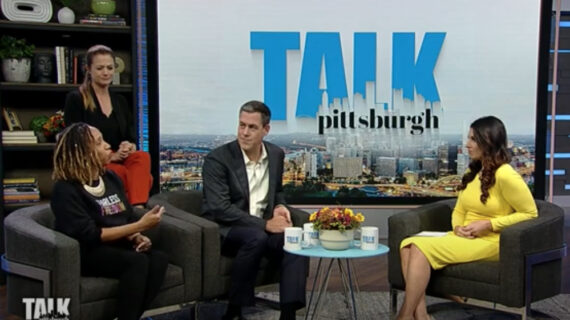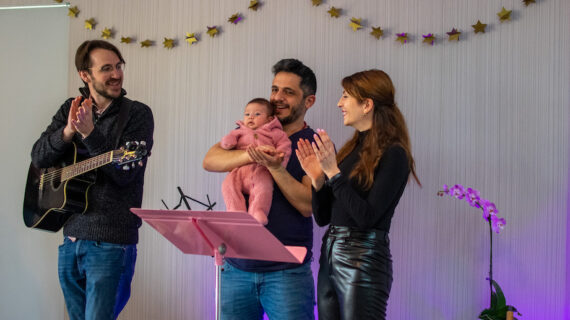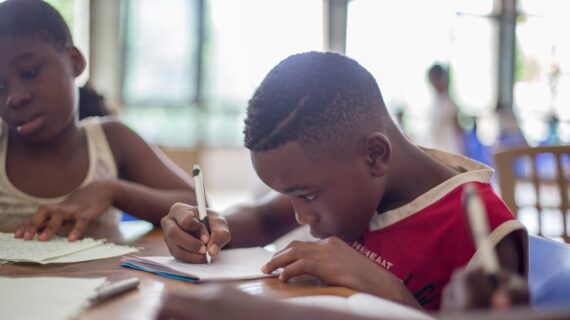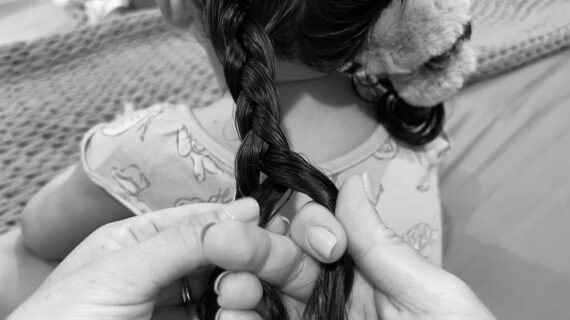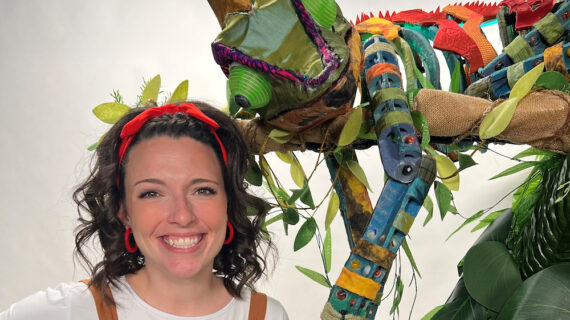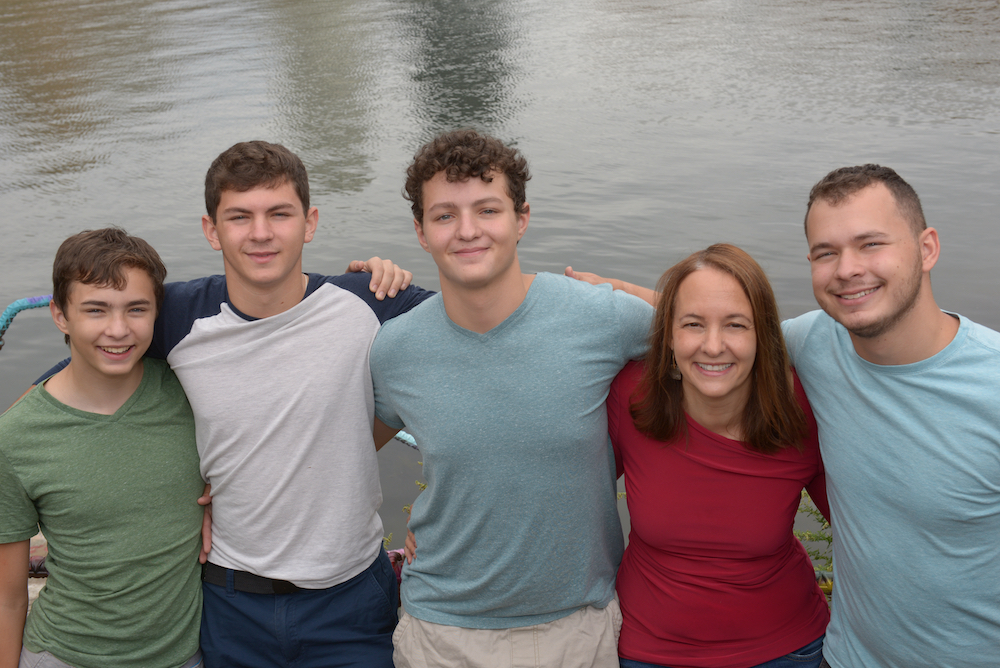
Advice from Dr. G on talking to kids about the war in Israel
Dr. Debi Gilboa, better known as Dr. G, is a nationally renowned expert on parenting and resilience, as well as a family medicine doctor. And she is one of many Jewish people in the Pittsburgh region with close connections to the war in Israel. Her oldest son is in the Israeli military.
“My kids are Israeli citizens, and my oldest son is doing his required military service right now in Israel. He’s a combat soldier, and I have seven cousins and good friends and their kids who’ve all been called up into the reserves,” she said.
Dr. G speaks around the world as an expert on resilience, and right now that’s being put to the test by the war.
“I think like a lot of people, I feel a whole bunch of emotions, often conflicting emotions,” she said. “And I feel like my resilience is really being tested and that’s true of a lot of people I know. And millions of people that I don’t.”
Many people in our community have connections to this war, and many local children may be asking questions about it. So what can parents do to help kids understand?
The American Academy of Pediatrics says for kids under 8 who aren’t likely to learn about it on their own, you don’t need to say anything. But if they will hear about it, start by asking what they know.
“Whenever we talk to our kids about hard things, it’s better to figure out where they are before we come in like a fire hose or come in with emotions that don’t match theirs,” Dr. G said.
She suggests we ask things like: “Tell me what you know so far” and “What are your thoughts?”
Then, consider removing apps with news they may see, like YouTube, TikTok and Instagram, especially for younger kids in elementary school. For middle and high school kids, talk about what they’re seeing and also how to tell if it’s real or fake.
“I really want us to talk to our kids about online content, looking for how they do the trick, meaning could this be real? How would we know? How do you decide? And when your child brings you something and says, ‘This is true’, you could say, ‘I wonder. Let’s go see if we can together find out.'”
A child who has been hearing about the wars in Israel and Ukraine, and hearing about the potential of military conflict in places like Taiwan, may wonder what’s happening — and even be concerned that somehow we could be moving toward something like a third World War.
“It is really our inclination as parents to want to say ‘Don’t be scared. Don’t be sad. Don’t be worried.’ But telling somebody what not to feel never works, and it’s pretty disrespectful because what they hear is, ‘Your feelings are dumb. You should have different ones,’” Dr. G said.
Instead, she suggests listening to your child’s fears and letting them know it’s OK to be scared.
You can also partner with your kids to do something to help, like supporting a charity that’s helping people affected by war, making a picture of what you’re feeling and posting it on social media, or calling a friend who is close to the wars just to let them know you’re thinking of them.
“The thing about the Jewish community is that it’s small enough, and also here in Pittsburgh there’s a saying that all roads lead through Jerusalem, which is a geopolitical statement, but kind of all Jewish roads lead through Pittsburgh,” Dr. G said. “There’s a lot of connection here.”
A last thought: With the increase in anti-Semitism and Islamaphobia since the war began, Dr. G says it’s good to ask your older kids what they are hearing and talk with them about your family values.

